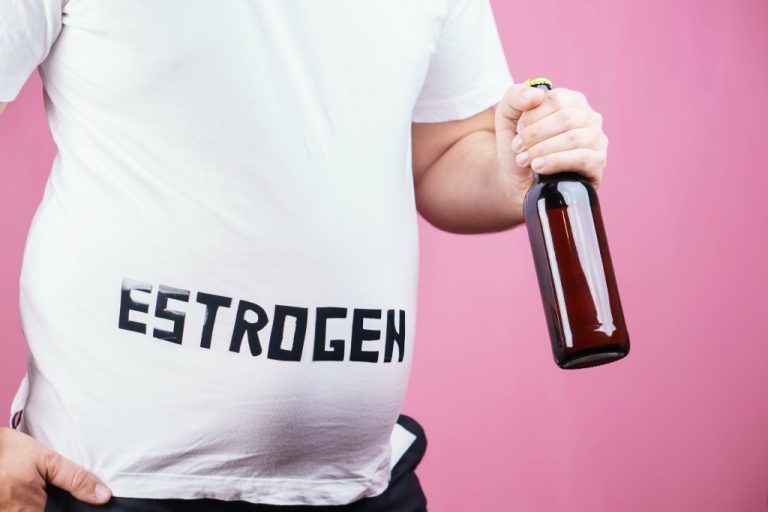The key is cultivating new goals and taking measures to move towards them. The motivational force of new goals eventually helps rewire the brain so that it has alternatives to the drive for drugs. It’s hard to leave addiction behind without constructing a desirable future. The best way to handle a relapse is to https://neftekumsk.ru/forum/humor/27000-rzhachnye-nablyudeniya.html?start=6 take quick action to seek help, whether it’s intensifying support from family, friends, and peers or entering a treatment program.
Addressing Gender-Specific Needs
- The change destabilizes the adaptation the family has made—and while the person in recovery is learning to do things differently, so must the rest of the family learn to do things differently.
- When you’re confident in your ability to quickly de-stress, facing strong feelings isn’t as intimidating or overwhelming.
- Other examples include ketamine and flunitrazepam or Rohypnol — a brand used outside the U.S. — also called roofie.
- The process is not linear and varies greatly from one individual to another, influenced by the severity of the addiction, the person’s health, and the quality of support and treatment received.
- It encourages members to make sobriety the top priority in their lives and take whatever steps they need to stay on the path to recovery.
An overdose happens when the person uses enough of a drug to produce uncomfortable feelings, life-threatening symptoms, or death. The chronic nature of addiction means that for some people relapse, or a return to drug https://mp3journey.ru/slushat-klip-tell-me/ use after an attempt to stop, can be part of the process, but newer treatments are designed to help with relapse prevention. Relapse rates for drug use are similar to rates for other chronic medical illnesses.
Building Resilience Against Relapse

Fortunately, with consistent treatment and compassionate support, it’s possible – and common – for people to recover from addiction and get back on track with their health, relationships and goals. The goal of alumni programs is to connect people with continued support. In-person events allow individuals to meet other people in recovery, discuss their experiences and struggles, and receive advice and encouragement. These events may also involve participating in fun sober activities. Developing an aftercare plan in early recovery can help prevent a relapse by providing an individual with support and allowing them to continue to work on issues surrounding their addiction. Once they feel established in their sobriety, they can also begin to give back to others who are newly sober.
Learn more about recovery
People with opioid addiction have a persistent overactive response to stress, even years after completing detox. Motivational enhancement therapy uses strategies to make the most of people’s readiness to change their behavior and enter treatment. Cognitive-behavioral therapy seeks to help patients recognize, avoid, and cope with the situations in which they’re most likely to use drugs. http://tekst-pesni.ru/index.php?name=engsongtext&op=view&id=419475 To find another treatment program, browse the top-rated addiction treatment facilities in each state by visiting our homepage, or by viewing the SAMHSA Treatment Services Locator. AddictionResource.net, and its parent company Recovery Guide LLC, is not a provider of substance use disorder treatment services and receives compensation from Treatment X LLC in the form of paid advertising. The helpline at AddictionResource.net is available 24/7 to discuss the treatment needs of yourself or a loved one.

Only 1.0 percent of people receive substance abuse treatment as an inpatient or outpatient at a specialty facility. The single most popular path is the use of peer support groups in the community. Gender-specific programs can focus on the particular needs of each gender, offering a more personalized approach to recovery. This means focusing on co-occurring mental health disorders, like anxiety or eating disorders, which are more common among female addicts. It may also involve addressing trauma, as many battling addiction have experienced physical, emotional, or sexual abuse.

Pros and Cons of 12-Step Recovery Programs
Central to the TTM is the concept of motivational interviewing (MI), a clinical tool seamlessly integrating with the Stages of Change Model. MI proves particularly efficacious within the addiction population. By fostering a non-confrontational and empathetic therapeutic environment, MI aligns with the stages individuals navigate, promoting intrinsic motivation for change. The collaborative nature of MI respects the diverse progression of individuals through the stages, acknowledging their readiness and ambivalence. A 2020 review found that Alcoholics Anonymous and other 12-step facilitation treatments produced benefits that were similar to other treatments.
Addressing Alcohol with Children in a Positive Light
Explore inpatient vs. outpatient addiction treatment to find the best path toward recovery for you or a loved one. Discover what to do after alcohol detox treatment for lasting recovery and a healthier, supportive lifestyle. Recovery from alcohol addiction initiates a range of physical health improvements almost immediately. Within the first 24 hours, individuals often experience better hydration and improved sleep. By week’s end, notable changes can be seen in digestion and sleep quality as the body starts to regain normalcy after detox.
Charitable Care & Financial Assistance
New York City recently opened the nation’s first official safe consumption clinics, where people with substance use disorder can use drugs under medical supervision. Supporters for people struggling with addiction often wish they could do more to help, and it can be tempting to try. Allow the person to learn how to gracefully reject tempting offers by themselves. And let them develop the ability to speak about their problems with substance use without shame. Your role in their support circle is to help them if they slip, as well as giving them love and encouragement.